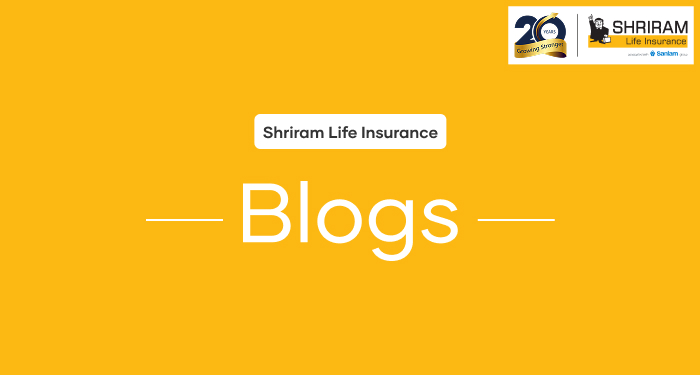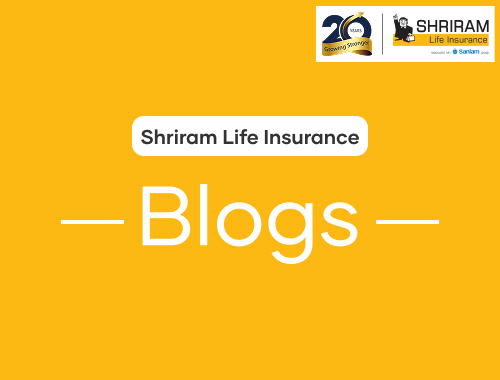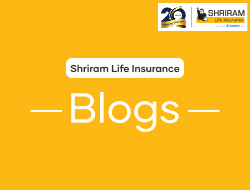Sec 80DDB of Income Tax
- Posted On: 10 Nov 2025
- Updated On: 10 Nov 2025
- 174 Views
- 2 min read

If medical hardships happen to you or people you care about, Section 80DDB of the Income Tax Act will be there for you as a crisis-relief agent. It identifies medical expenses connected with a list of certain diseases on which the taxpayer can get deductions. In a nutshell, here is a guide to understanding the basic features of this section.
What Is Section 80DDB?
This part of the law enables a resident individual or a Hindu Undivided Family (HUF) to take a deduction from the income if the treatment is for certain diseases (malignant tumors, Parkinson's disease, AIDS, chronic renal failure, etc.). Treatment can be of the person himself or dependents like qualifying spouse, children, parents, or siblings he deduction limit for ailments of any dependent is the same as that applicable for the individual.
Deduction Limits
If the sick person is under 60 years of age, the deduction shall not exceed the sum of ₹40,000 or the actual amount of expenditure, whichever is smaller.
In the case of a senior citizen (60 years and over), the maximum allowable deduction amount is increased to ₹1,00,000.
Similarly, the super senior citizen over 80 years is also entitled to a deduction limit enhancements.
Coverage and Conditions
The list of "eligible" expenses for Section 80DDB covers medical treatment, nursing, and rehabilitation costs. It is also important that a doctor should issue the certificate. This doctor should be a specialist and recognized by the income tax department.
In case the insured or employer is providing you with the benefits to cover part of the expenses, you must not include that portion in the deduction claim.
Example
What if on cancer treatment you pay out of pocket ₹60,000 and the insurer is willing to reimburse you ₹30,000? In that case, the deduction under Section 80DDB will be allowed for ₹30,000 (₹60,000 less ₹30,000) only limited by the maximum limits based on age.
Quick Facts
The deduction is possible for both individual and Hindu Undivided Family (HUF) taxpayers under the Income Tax Act.
An eligible dependent is a spouse, children, parents, or siblings.
It is necessary to have a valid medical certificate issued by government-approved and recognized specialists.
The threshold of age-related deduction varies from ₹40,000 to 1 lakh.
If the amount has been reimbursed by the insurance, the deduction must be calculated after that the eligible amount will be reduced.
.
FAQ
How about the treatment charges of parents? Can I claim the expenses?
Absolutely- yes! If your parents are qualified as dependents, then the expense is deductible.
Which papers shall be required?
The medical certificate, bills, and insurance payment receipts.
Is the medical expense deduction available if the person is insured?
Certainly. Just in the case of insurance, any coverage overage amounts will have to be deducted from the claim amount.
How to Check My Atal Pension Yojana Account
OTP Verification
Please Enter OTP that has been sent to your registered
Mobile Number +91
You may be interested in
People also search for
Our Other Popular Plans





